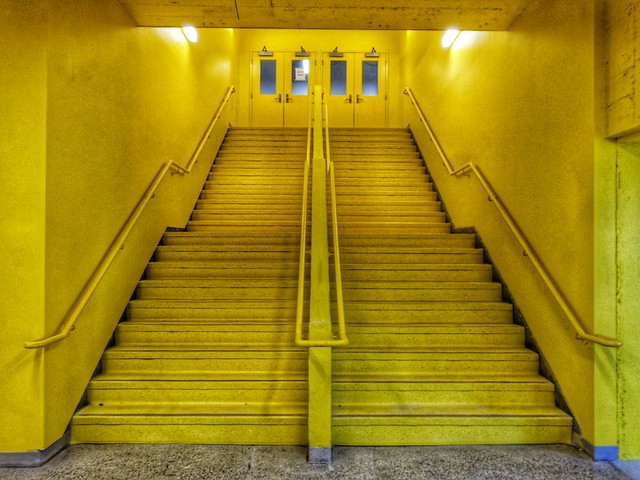How to move up from shared ownership to full home ownership: a guide to ‘staircasing’

Jade Turnstill, Share to Buy’s digital marketing manager, explains how shared ownership homeowners can increase the stake they own in their property over time
What is staircasing?
Staircasing is the process of increasing the amount of shares you own in your shared ownership property. In most instances you can staircase up to 100 per cent, becoming the outright owner of your home.
Can I increase my share of my property at any time?
You can usually buy further shares once you have lived in your home for a certain period of time. Any restrictions on when and how you can staircase will be stipulated in the terms of your lease. For example, often you are only allowed to staircase a maximum of three times.
Are there lower and upper percentage limits each time I staircase?
Normally, you will have to staircase in tranches of at least 10 per cent, with the final share bringing you up to the maximum amount you can buy in your property.
How is the value of my home determined for staircasing purposes?
When you are ready to purchase more shares in your home, the property will be valued by an independent chartered surveyor. You may then acquire additional shares in your property at a price equal to the relevant proportion of the current full market value. This valuation is valid for three months, and you must complete within this timescale.
Can I take out a mortgage to buy an additional share?
Yes, you can! For most people, staircasing is likely to involve a new, larger mortgage. We would recommend visiting sharetobuy.com and using our staircasing calculator, which enables you to find out if you are likely to have enough equity in your home to purchase your desired share, and also provides an estimate of how much the new mortgage might cost.
What are the fees and taxes involved? Do I have to pay stamp duty?
Every time you staircase you will have expenses to pay – these may include the valuation fee, legal fees and mortgage fees. In certain circumstances you may need to pay stamp duty, and your solicitor will be able to advise on this.
What happens when I wholly own my home?
Once you own 100 per cent of your home, you are no longer a shared owner and instead own the property outright. This means that you now only pay your mortgage, and no longer have to pay rent to the housing association you bought the home through. Once you own your property outright, you are also free to sell your home on the open market, using an estate agent of your choice.
Image credit: Edna Winti/Flickr